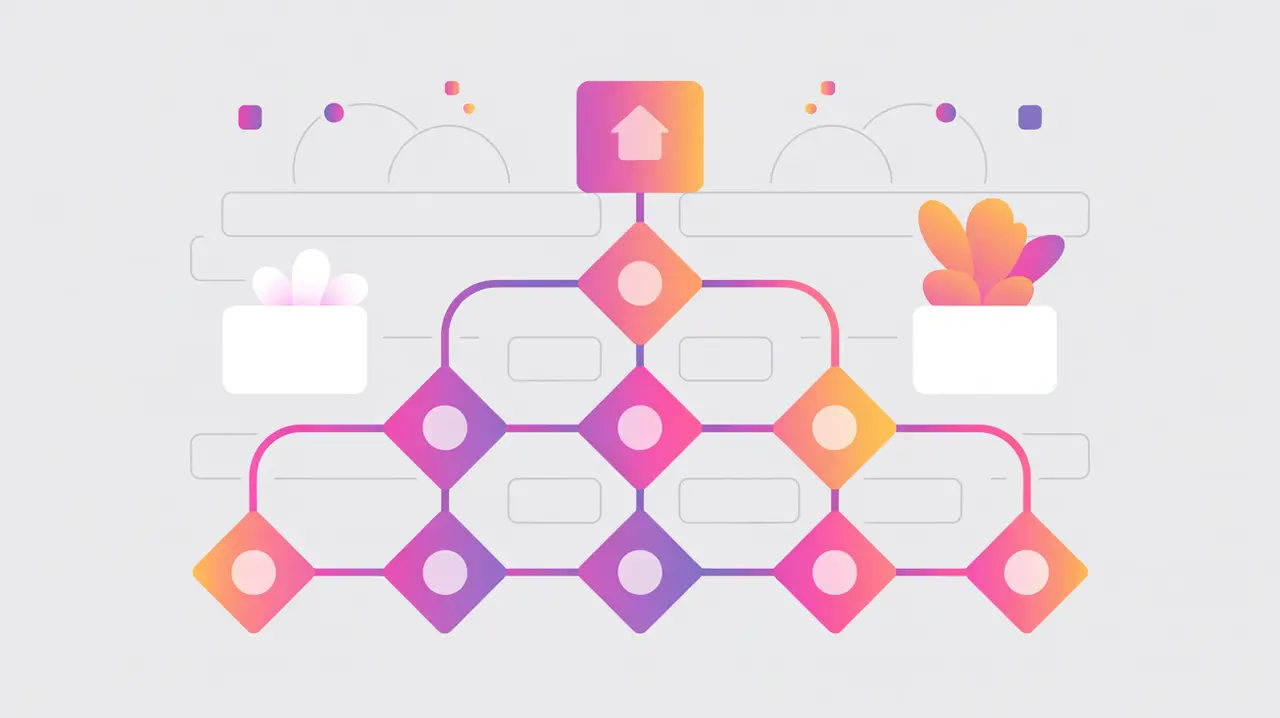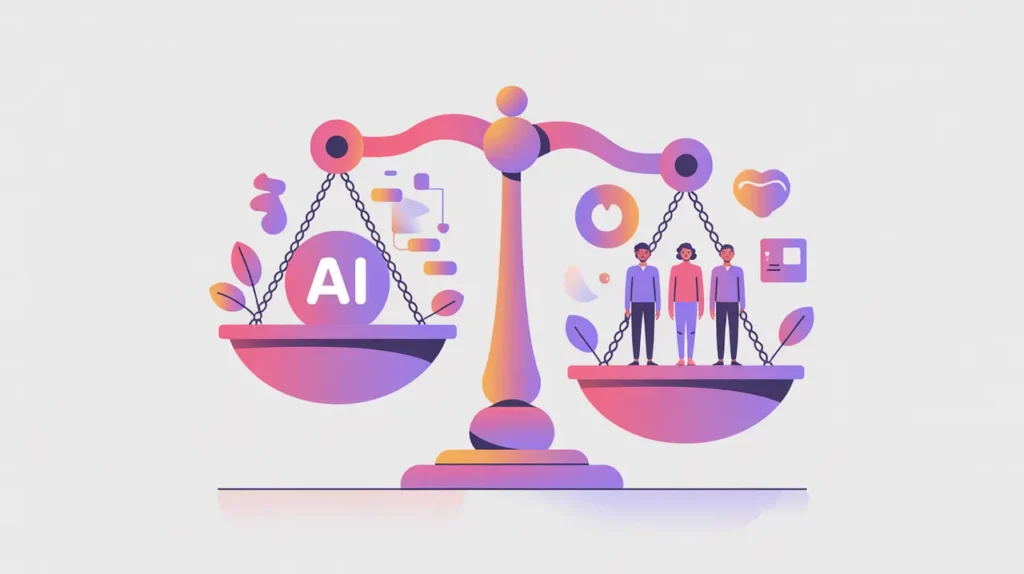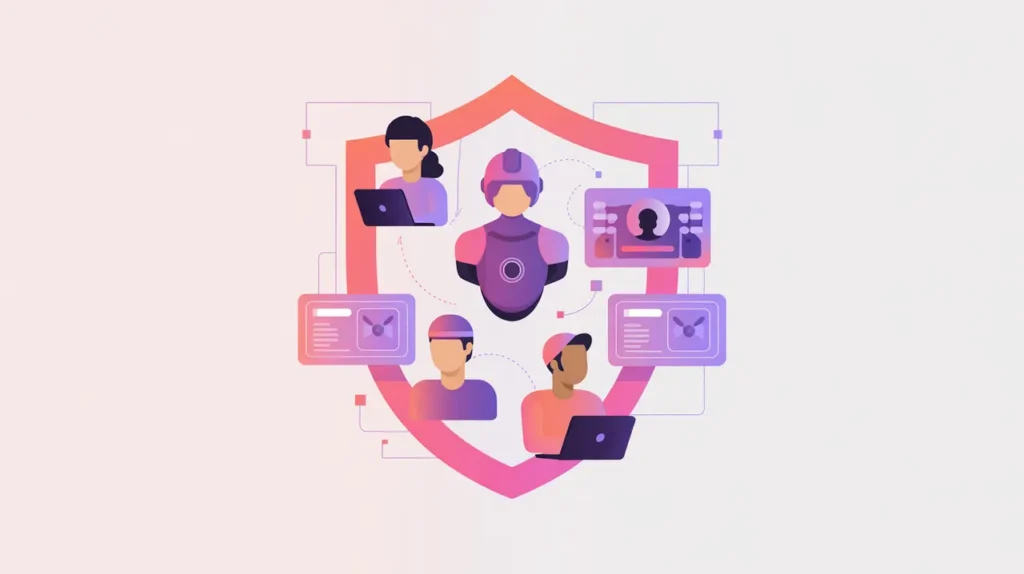Importance of Accountability and Escalation Paths
Accountability and Escalation Paths define who is responsible when AI systems make mistakes, cause harm, or behave unpredictably, and how issues should be reported, reviewed, and resolved. Accountability assigns ownership for outcomes, while escalation paths establish structured channels for addressing problems quickly and effectively. Their importance today lies in ensuring that AI governance is not just about principles, but about concrete responsibility when things go wrong.
For social innovation and international development, accountability and escalation paths matter because mission-driven organizations often serve vulnerable populations. Clear lines of responsibility and accessible escalation processes protect communities and preserve trust in technology-driven programs.
Definition and Key Features
Accountability mechanisms include assigning system owners, creating audit trails, and documenting decisions across the AI lifecycle. Escalation paths define processes for reporting issues, from frontline staff or end-users up to senior leadership or external regulators. Standards such as ISO/IEC 38507 provide guidance on AI governance structures that embed accountability.
This is not the same as general grievance mechanisms, which empower individuals to raise complaints. Nor is it equivalent to transparency reporting, which discloses practices to the public. Accountability and escalation paths focus on internal clarity of responsibility and response processes.
How this Works in Practice
In practice, accountability might mean a program manager is responsible for monitoring an AI system’s outcomes, while technical leads are accountable for system updates. Escalation paths may include tiered responses: frontline staff escalate to supervisors, supervisors escalate to governance boards, and unresolved cases reach regulators. AI systems may also integrate automated alerts when thresholds of error or risk are exceeded.
Challenges include avoiding “responsibility gaps” when multiple actors are involved, preventing diffusion of accountability across organizations, and ensuring escalation processes are accessible, timely, and taken seriously. Without enforcement, accountability frameworks risk becoming symbolic.
Implications for Social Innovators
Accountability and escalation paths are critical in mission-driven sectors. Health initiatives need clear responsibility structures for AI diagnostic errors to ensure corrective action. Education platforms must provide escalation processes when automated grading or eligibility decisions are contested. Humanitarian agencies deploying AI in aid targeting must guarantee accountability if communities are wrongly excluded. Civil society groups often demand transparent escalation paths to protect rights and prevent harm.
By embedding accountability and escalation paths, organizations ensure responsibility is clear, remedies are accessible, and AI governance remains anchored in human trust and integrity.







